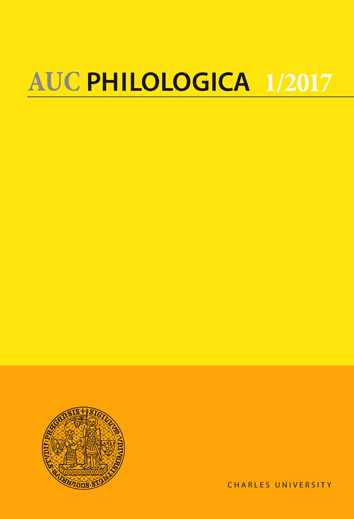“…and our study might therefore have been slightly underpowered”: A Cross-Linguistic Analysis of Hedging in English and Czech Medical Research Articles
“…and our study might therefore have been slightly underpowered”: A Cross-Linguistic Analysis of Hedging in English and Czech Medical Research Articles
Author(s): Jana Kozubíková ŠandováSubject(s): Language and Literature Studies
Published by: Univerzita Karlova v Praze, Nakladatelství Karolinum
Keywords: hedging; medical discourse; research articles; cultural specificity; pragmatic function
Summary/Abstract: Attenuating devices are frequently employed in both spoken and written language to weaken the illocutionary force of utterances as well as their directness. In this way, they are associated with expressing linguistic politeness. In scientific discourse, hedges are largely used to express negative politeness since the authors aim to protect themselves against disapproving or critical remarks of text recipients. Linguistically, hedging devices are realised in various ways, e.g. as modal adverbs (possibly, perhaps, probably,…), modal adjectives (possible, (un)likely, probable,...), modal nouns (assumption, possibility, suggestion,…), modal verbs expressing possibility (might, could, would,…), epistemic verbs (assume, seem, appear, suggest,…), approximators such as approximately and roughly, etc. The aim of this paper is to analyse hedging devices in written academic discourse, in particular in English and Czech medical research papers published in medical journals with an impact factor, and compare them with respect to their types, occurrence and communicative functions they perform. In other words, to find out whether the pragmatics of hedging is or is not culture-specific. Hedging devices may be classified from various points of view. In this paper a modified version of Hyland’s taxonomy (1998) was adopted.
Journal: Acta Universitatis Carolinae Philologica
- Issue Year: 2017
- Issue No: 1
- Page Range: 115-130
- Page Count: 16
- Language: English

